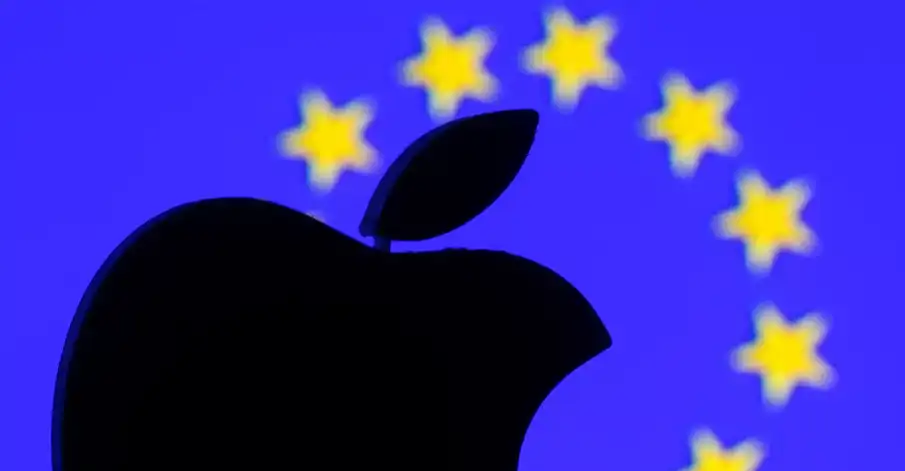The European Union (EU) is intensifying its efforts to ensure that Apple improves the interoperability of its iOS and iPadOS operating systems with devices from other manufacturers. Following the initiation of two Digital Markets Act (DMA) proceedings in September, the EU has put forth a series of recommendations aimed at addressing several crucial aspects of connectivity, including automatic audio switching, background Bluetooth activity, and network connections.
The EU’s proposals call for Apple to enhance device configuration tools. These tools would facilitate features such as proximity-based pairing and automatic Wi-Fi connectivity. The recommendations also advocate for improvements to key functionalities like AirDrop, AirPlay, media casting, Wi-Fi sharing, and close-range file transfers.
In addition to practical changes, the EU Commission is seeking feedback from companies affected by Apple’s interoperability policies. This move underscores the importance of collaboration and communication between Apple and developers. The deadline for submissions regarding these recommendations is set for January 9, 2025. After this date, the proposals may be revised before becoming legally binding by March 2025.
Meta has expressed strong opposition to Apple’s concerns over privacy implications related to interoperability. A spokesperson for Meta stated, “Apple is saying that they don’t believe in interoperability,” adding that “Every time Apple is called out for its anticompetitive behaviour, they defend themselves on privacy grounds that have no basis in reality.” This criticism highlights the ongoing tension between Apple and other tech companies regarding the balance between user privacy and device compatibility.
Should Apple fail to comply with the EU’s directives, the union could initiate a formal investigation into the company’s practices. This could result in potential fines amounting to 10% of Apple’s global annual sales, underscoring the seriousness of the situation.
Apple has consistently voiced concerns about the proposed interoperability measures, arguing that they undermine its commitment to user privacy. The company asserts that its privacy-focused stance is a legitimate defense against accusations of anticompetitive behavior.
Featured image courtesy of CXO Digital Pulse

